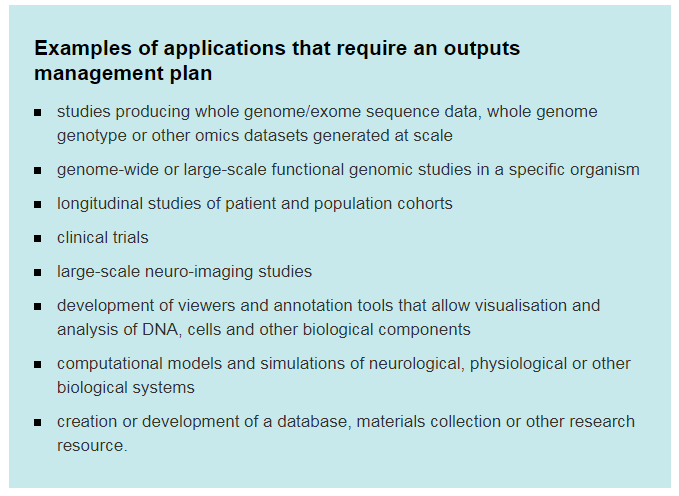The OU offers a range of tools and services which are designed to help researchers plan, manage, work with and share their research data. In these blogposts I’m going to focus on a few of these tools and services, including how to access and use them and how they can make your life easier.
This week: IT options for storing data during research projects
One of the questions we are most frequently asked is around where project teams should store data during the lifetime of the project. The OU provides a number of facilities for storing data, however please remember that each project is individual so there is no one-size-fits-all solution for everyone and when starting out you’ll need to think carefully about which one works best for you. When considering where to store data, you should consider a number of factors, including but not limited to:
- How much data do you have?
- What file types will you be working with?
- Are the data sensitive?
- Who needs access? OU staff only? Researchers at other institutions? In the UK? Abroad?
- How big is your team? What project management functions do you need?
- Where do you need to access the data? At your desk? In the field?
- What experience do your team have of using the chosen storage solution? Is any training needed/available?
Research your options
In order to help you to decide which data storage option works best for your project together with our colleagues in IT we have put together a matrix of some of the options (ORDO, One Drive, OU networked file storage, SharePoint, cloud based services) available to OU researchers, weighing up the pros and cons of each one.
If you’d like more advice about where to store your data, or strategies for managing your data within your chosen system, please get in touch.
NB. Researchers within the STEM faculty have access to specialist IT support (internal link) which they should use in preference to centrally supported storage options outlined in the comparison table linked to above.



